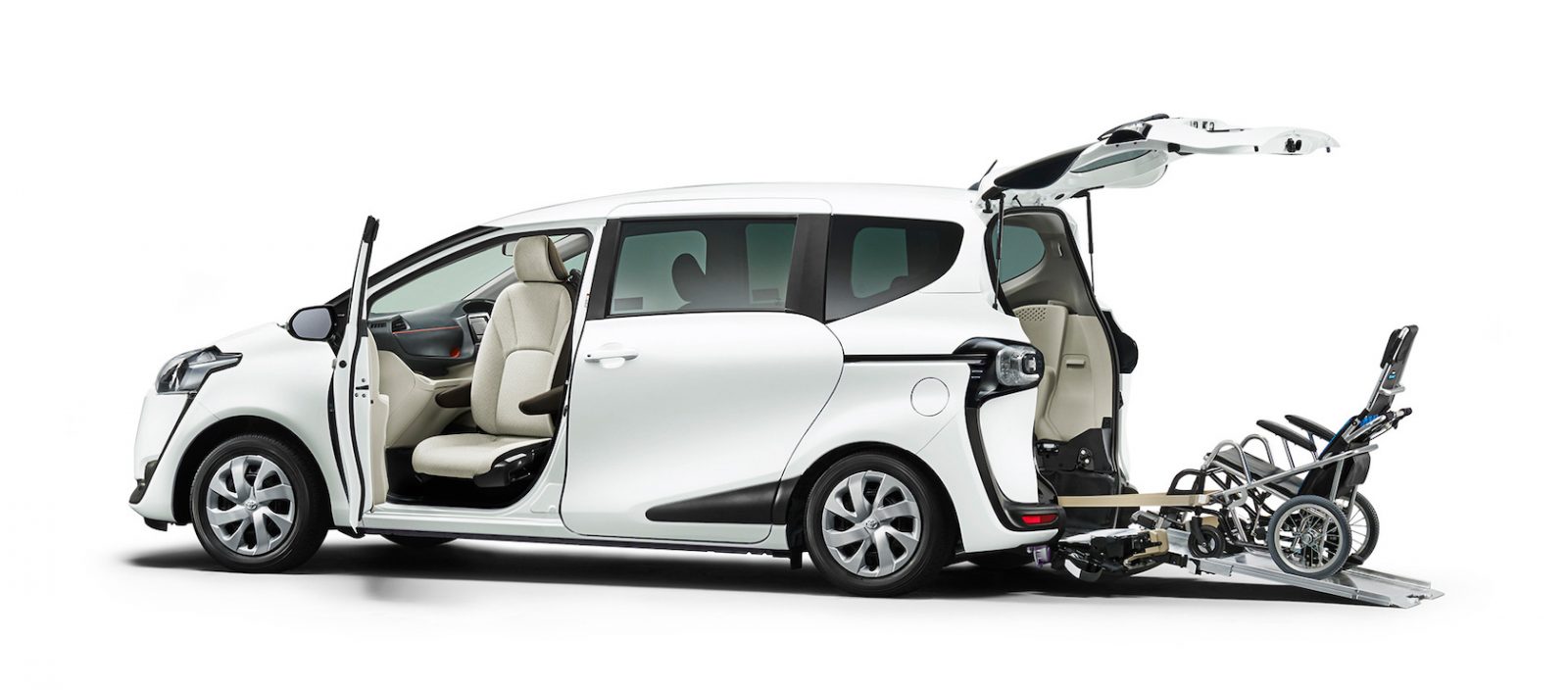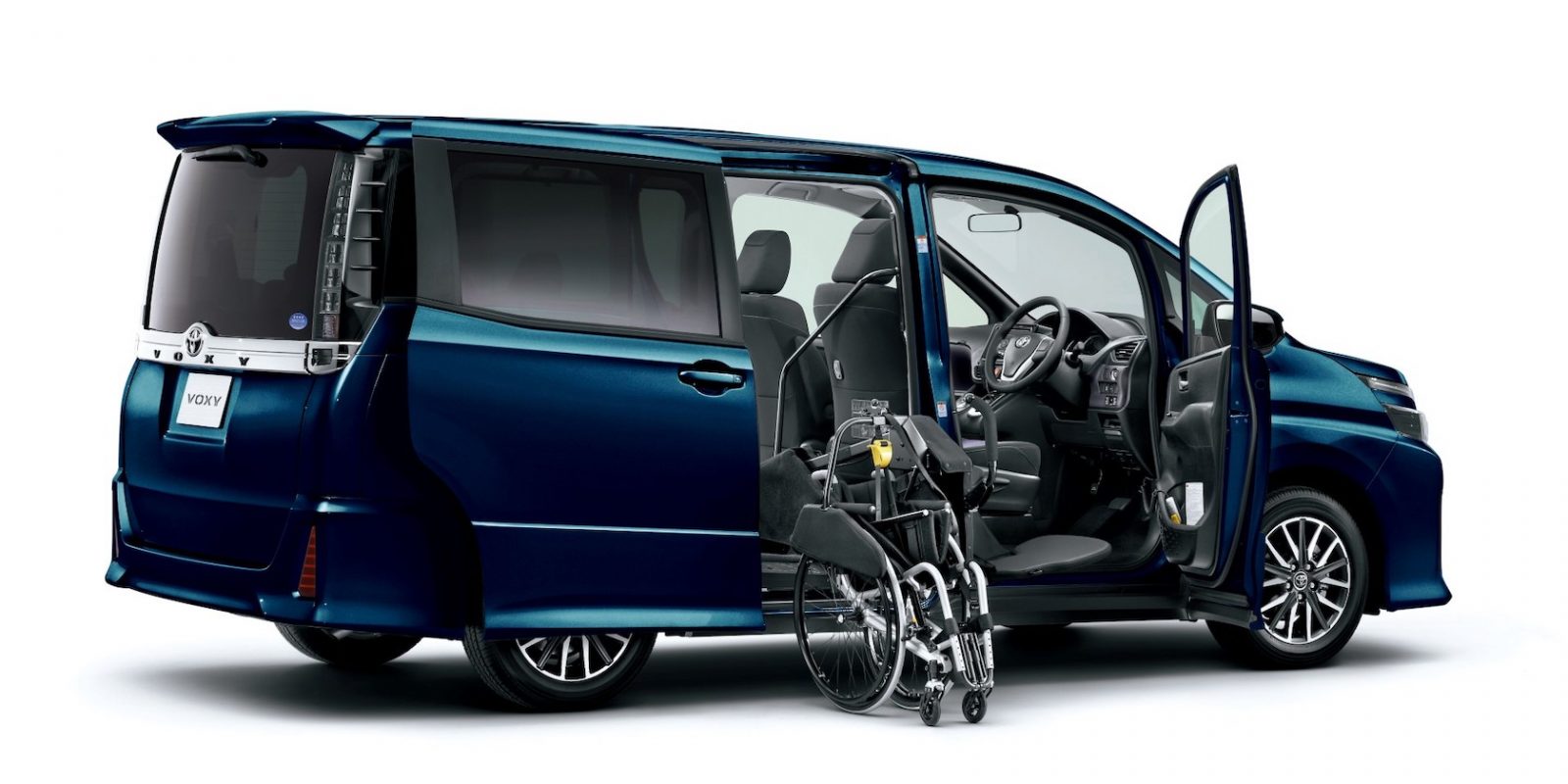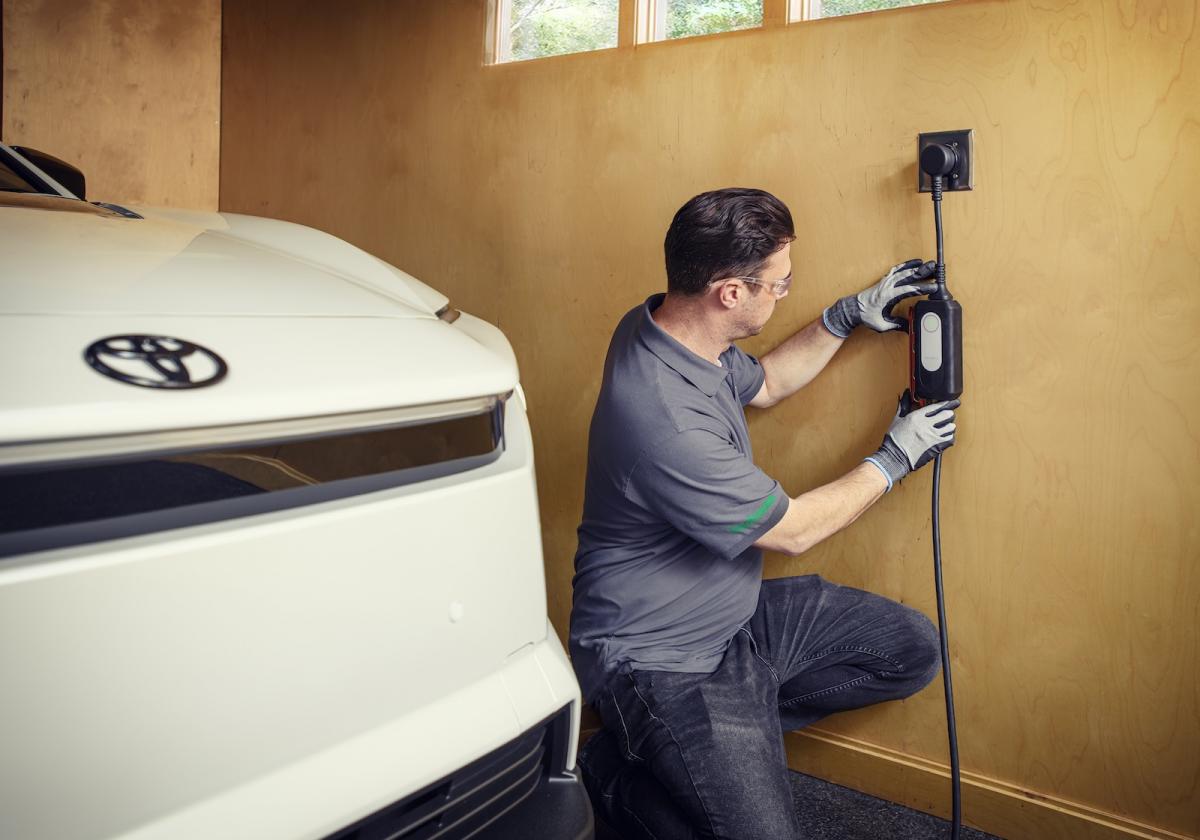- If reliable self-driving cars were widely available, around 9.2 million more Americans would join the workforce
- Without access to personal vehicles, people earn lower incomes and attain degrees at a lower rate
- Only 21% of Americans with disabilities participated in the labor force in 2021, compared to 67% of those without disabilities
Autonomous vehicles (AVs) could have a far greater impact on society than many ever imagined. According to a new survey, the widespread availability of AVs could boost the U.S. economy by hundreds of billions of dollars a year by bringing more people with disabilities into the workforce.

Transportation to places of work created huge barriers for people with physical and developmental disabilities. Without access to personal vehicles, people earn lower incomes and attain degrees at a lower rate. A 2017 report by the Ruderman Family Foundation found that AVs could enable millions more people with disabilities to attain employment opportunities.
With proper planning and research, autonomous vehicles can provide even more people with significantly more independence in their lives for years. Public transit services often fail to adequately meet their needs. Only 21% of Americans with disabilities participated in the labor force in 2021, compared to 67% of those without disabilities. And the unemployment rate for people with disabilities was 10% that year — twice that of able-bodied people.
A study by the National Disability Institute claims to be the first to look at AVs’ potential macroeconomic impact. If reliable, affordable self-driving cars were widely available, around 9.2 million more Americans would join the workforce, the researchers found. That includes 4.4 million direct jobs for Americans with a disability, plus many more indirect jobs.
The federal government would see $120.7 billion in benefits, including $93 billion in additional tax revenues and a $28 billion reduction in spending on social safety net programs.
In fact the study was commissioned by General Motors-owned Cruise technology, which is developing a robotaxi service and has a vested interest in seeing more AVs on the road. In addition, GM is seeking regulatory approval for its driverless Origin robotaxi, which has no steering wheel or pedals.
It wants the National Highway Traffic Safety Administration to increase the cap on the number of vehicles it can deploy. GM and Cruise are designing a version of the taxi to serve people in wheelchairs and those who otherwise need extra assistance.
Meanwhile, Google has requested that visually impaired individuals test its Autonomous cars. Furthermore, Microsoft recently delivered an application called “Seeing AI” that helps outwardly disabled individuals better sense and figure out their general surroundings. “Seeing AI” utilizes AI, regular language handling, and PC vision to grasp the world and depict it in words a client can comprehend.
Under the Americans with Disabilities Act of 1990, all open travel offices should offer transportation administrations to individuals with actual impediments, visual or psychological circumstances or wounds that keep them from driving all alone. Referred to as “para-transit,” the vehicles are typically wheelchair-enabled and are driven via prepared administrators who can assist riders with boarding, tracking down seats, and getting off at the right stop.
OUR THOUGHTS
We can see clearly that better access to self-driving cars would radically change the working lives of many millions of Americans. But while some autonomous vehicles have or will go into service soon–in limited areas–we do not expect widespread self-driving car deployment until at least 2030, given the extremely complicated regulations and laws that must first be cleared.







